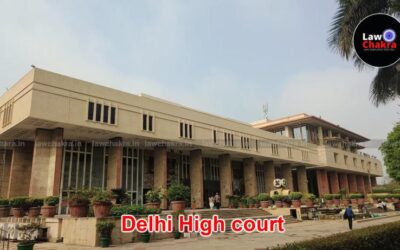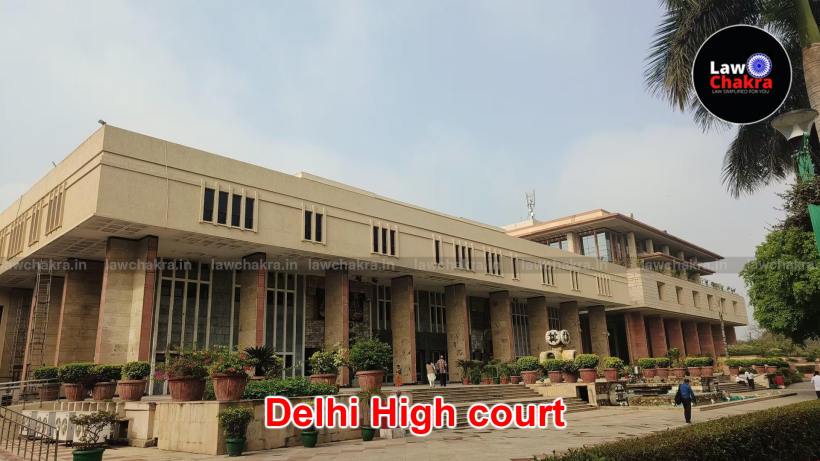“Impossible To Compare Deceased Person’s Fingerprints With Aadhaar Database”

UIDAI told the Madras High Court that matching a deceased person’s fingerprints with the Aadhaar database is not technically possible. It said the system does not support fingerprint comparison for identifying unknown bodies.
The Unique Identification Authority of India (UIDAI) informed the Madras High Court that it is not feasible to compare the fingerprints of a deceased individual with the Aadhaar database to provide demographic information to the police for identifying an unknown body.
In a counter affidavit submitted to Justice G.K. Ilanthiraiyan, UIDAI stated that the Aadhaar (Targeted Delivery of Financial and Other Subsidies, Benefits, and Services) Act, 2016, imposes strict restrictions on information sharing.
Additionally, there are technological limitations in retrieving information about deceased individuals.
This response came in relation to a writ petition (criminal) filed by the State of Tamil Nadu, represented by a Deputy Superintendent of Police from the Tindivanam Sub Division in Villupuram district, seeking a directive for UIDAI to provide demographic details of an unidentified body based on its fingerprints.
Central government senior panel counsel K. Srinivasamurthy explained that UIDAI operates as a statutory body under the Union Ministry of Electronics and Information Technology (MEITY). The purpose of the 2016 Aadhaar Act, as amended in 2019, is to provide residents of India with a unique identity proof.
UIDAI issues a 12-digit Aadhaar number after an individual’s enrollment, which includes both demographic and biometric information.
The primary goal of the Aadhaar Act is to ensure the targeted delivery of government subsidies, benefits, and services to beneficiaries, the counsel noted.
Also Read: Jharkhand HC Orders UIDAI: “Reveal Aadhaar Details To Find Missing Trafficking Victim”
He also referenced a counter affidavit signed by UIDAI Deputy Director Priya Sreekumar, who emphasized that,
“Aadhaar number is not used to track other activities of the resident.”
She pointed out that Chapter VI of the Aadhaar Act mandates the strict confidentiality of individual records.
Sreekumar highlighted that Section 29(1) of the Act explicitly states that no core biometric information collected or created under the Act should be shared with anyone for any reason; nor should it be used for any purpose other than generating Aadhaar numbers and authentication.
According to her, Section 33(1) allows for the disclosure of identity information or authentication records (excluding core biometric information) only if a High Court or the Supreme Court issues a specific order after hearing both the individual concerned and UIDAI.
The only provision permitting the sharing of core biometrics is Section 33(2), which can be invoked in national security interests, directed by an officer not below the rank of Secretary to the Government of India, provided they have been specially authorized through a government order.
Sreekumar also mentioned that UIDAI does not collect biometric information (such as iris scans and fingerprints) using technologies suitable for forensic purposes.
Also Read: Aadhaar Card Not a Proof of Citizenship: UIDAI Tells Calcutta HC
Thus, it would be impossible to extract data related to an individual from fingerprints found on a body.
The Deputy Director added,
“The Aadhaar technology only permits biometric authentications on a 1:1 basis (where an individual’s biometrics are matched against their own for verification or authentication), which requires the Aadhaar number. There are technological constraints in matching fingerprints collected on paper or other materials with the Aadhaar database,”
She stated,
“In light of the provisions of the Aadhaar Act, 2016, and the technological constraints, it is most respectfully submitted that it is not possible for UIDAI to compare the sample fingerprints of the deceased with the fingerprint data of UIDAI and provide information to the petitioner,”
After reviewing the counter affidavit, the judge directed the High Court Registry to schedule the matter for further hearing on June 12.





